BOI Reporting for Travel Advisors in 2025: Compliance Guide
SEE NEW BLOG FOR UPDATES FROM MARCH 2035 - Beneficial Ownership Information (BOI) reporting rules apply to U.S. travel advisors and agencies in 2025. Antravia explains who must file, deadlines, and how to stay compliant without risking fines.
TRAVEL & HOSPITALITY FINANCE
4/30/20258 min read


As of 2025, domestic U.S. hotel entities are exempt from BOI reporting under revised FinCEN rules - confirm with FinCEN for foreign-owned properties.
Domestic U.S. entities (like small hotel LLCs/corps) are exempt from BOI reporting per FinCEN's March 26, 2025, interim rule. Only foreign entities must file - Always confirm with FinCEN for latest updates.
The article is out of date for some U.S. entities - refer to new article - BOI Reporting for Travel Advisors in 2025: Compliance Guide - Updated post 26 March 2025 changes
BOI Reporting: What Travel businesses need to know
SUMMARY - See section for full article
From January 2024, U.S. businesses, including travel agencies, tour operators, and hotels, face a new compliance requirement: Beneficial Ownership Information (BOI) reporting under the Corporate Transparency Act. The rules are designed to prevent money laundering and increase financial transparency, but they also create new obligations for small business owners who may never have filed anything similar before.
1. What is BOI Reporting?
A federal filing requirement to disclose the “beneficial owners” of a company.
Beneficial owners are individuals who own or control at least 25% of the business, or who exercise significant control.
The report is filed with FinCEN, the U.S. Treasury’s Financial Crimes Enforcement Network.
2. Who has to file?
Most U.S. corporations, LLCs, and similar entities formed or registered in the U.S. were required to file - however as of 2025, domestic U.S. hotel entities are exempt from BOI reporting under revised FinCEN rules - confirm with FinCEN for foreign-owned properties.
Foreign-owned U.S. entities are included — overseas travel companies that set up U.S. LLCs must still report their owners’ details.
Exceptions: larger companies (20+ full-time employees and $5M+ revenue), banks, insurance companies, and certain regulated entities.
Most travel businesses, especially small and mid-sized agencies and independent hotels, will be required to file.
3. What information must be reported?
Name, date of birth, residential address, and ID number (passport or driver’s license) of each beneficial owner.
Company details including legal name, trade name, and EIN.
A copy of the identifying document must also be uploaded.
4. Deadlines and Penalties
Companies formed before Jan 1, 2024: deadline is Jan 1, 2025.
Companies formed after Jan 1, 2024: filing due within 90 days of incorporation (dropping to 30 days in 2025).
Updates required: if ownership changes, addresses change, or IDs expire, a new filing must be submitted within 30 days.
Penalties: up to $500 per day for non-compliance, and possible criminal liability for willful failure.
5. Privacy and Security
BOI information is not public.
Data is stored in a secure FinCEN database and only shared with law enforcement, financial institutions, or regulators.
Business owners can be reassured that their personal information will not appear in public records or search engines.
6. Why this matters for Travel businesses
Many agencies and hotels set up LLCs for liability protection or tax reasons, these entities are in scope (depending on ownership)
Foreign travel groups establishing U.S. subsidiaries must also comply.
Owners used to only think about IRS tax filings; BOI is a new federal reporting layer.
Incorrect or missed filings risk fines, reputational damage, and compliance headaches.
7. How to file
Filing is done online via the FinCEN BOI e-filing system.
There is no fee.
Updates must be filed within 30 days of changes in ownership, address, or control.
8. Practical Tips from Antravia
Identify all beneficial owners early, try not to wait until the deadline.
Keep digital copies of IDs and corporate documents organized for filing.
Assign responsibility (bookkeeper, accountant, or owner) so filings aren’t overlooked.
Use this as an opportunity to review whether your entity structure is still fit for purpose.
Add BOI reporting to your annual compliance calendar alongside tax filings, licenses, and renewals.
Conclusion
BOI reporting adds another layer of compliance for travel businesses, but with proper planning it can be handled smoothly. Treat it as part of your wider accounting and compliance routine, and it won’t become a burden.
Antravia works with travel agents and hotels to integrate BOI filings into broader financial management, ensuring owners stay focused on running profitable businesses while meeting every regulatory requirement.


BOI Reporting: What Travel businesses need to know
Introduction
From January 2024, most U.S. businesses were subject to a new compliance requirement: Beneficial Ownership Information (BOI) reporting. Introduced under the Corporate Transparency Act, this reporting obligation is managed by FinCEN, the Financial Crimes Enforcement Network. The aim is to prevent money laundering and increase transparency about who really controls companies.
As of 2025, domestic U.S. hotel entities are exempt from BOI reporting under revised FinCEN rules - confirm with FinCEN for foreign-owned properties.
The article below assumed that you are NOT exempt.
Most travel agents and hotel owners had never heard of Beneficial Ownership Information (BOI) reporting until this year. It is a brand-new requirement under the U.S. Corporate Transparency Act, and it has left many small businesses confused about what they need to do. Even experienced operators who understand VAT, sales tax, or accounting systems are suddenly faced with a filing they know nothing about. The rules are broad, the deadlines strict, and the penalties for missing them significant. That is why it is important to understand how BOI reporting applies specifically to travel businesses, and what steps you need to take to stay compliant.
For travel agents, tour operators, hotels, and even small B&Bs, BOI reporting is not optional. The rules apply to most LLCs and corporations, and the penalties for ignoring them are severe.
Part 1: Why BOI Reporting Matters for Travel Businesses
Who is caught by BOI rules?
If your business is a corporation, LLC, or similar entity created by filing documents with a state, you almost certainly need to file (however, review latest laws changes). That means a one-person travel agency structured as an LLC is covered just as much as a mid-sized hotel group.
There are exemptions for large operating companies (20+ employees, $5 million+ revenue, physical U.S. presence) and for highly regulated entities such as banks. Most travel businesses do not qualify for those exemptions.
What information must be disclosed?
You must identify all beneficial owners, defined as individuals who either:
Own or control 25% or more of the company, or
Exercise “substantial control” (e.g. senior officers, those with decision-making authority).
For each beneficial owner, companies must report:
Full legal name
Date of birth
Current residential address
A valid ID number (passport, driver’s license) and an image of the document
Why travel agents and hotels should take note
Many small agencies and independent hotels operate with lean structures. A single owner-manager, or two partners running a boutique hotel, will both need to file BOI reports.
For agents working under a host agency: BOI reporting applies to the legal entity that owns your business, not to your host. If you’ve set up your own LLC, you are responsible.
For hotels and hospitality groups: Any restructuring, such as adding investors, triggers an obligation to update your BOI filing within 30 days. The rule isn’t just one-and-done; it must stay current.
Failure to comply can result in civil penalties of up to $500 per day and potential criminal charges.
Part 2: How to File BOI Reporting – Step by Step
1. Determine if you must file
LLCs, corporations, and similar entities → almost always required.
Sole proprietors or informal partnerships → not required, unless registered as an LLC/corporation.
2. Gather owner information
Confirm who meets the 25% ownership or “substantial control” test.
Collect ID details and proof of address for each owner.
3. File with FinCEN
Go to the official FinCEN portal: https://boiefiling.fincen.gov
Submit your Beneficial Ownership Information report online.
No filing fee is required.
4. Understand the deadlines
Companies created before January 1, 2024 → must file by January 1, 2025.
Companies created in 2024 → must file within 90 calendar days of formation.
Companies created on or after January 1, 2025 → must file within 30 days.
5. Keep it updated
Any change in ownership or control (e.g. new shareholder, change of CEO, new investor) must be reported within 30 days.
Foreign-Owned U.S. Companies
BOI reporting applies to U.S. entities regardless of who owns them. If a U.S. LLC or corporation is formed, it must file a BOI report even if it is 100% owned by a foreign parent company.
In practice, that means:
The U.S. entity itself is the “reporting company.”
Beneficial owners must still be disclosed, so both individuals with 25% ownership in the foreign parent and individuals with “substantial control” over the U.S. entity.
If the parent company is foreign and has multiple shareholders, the filing must look through until it reaches the actual people (natural persons) who ultimately control 25% or more, or who exercise substantial control.
This can create complexity for hotel groups, bedbanks, and international tour operators setting up a U.S. subsidiary. Simply listing the foreign parent company is not enough. FinCEN requires the ultimate beneficial owners to be disclosed.
Example:
Consider a travel advisor who set up Adventure Journeys LLC in June 2025. Even though she is the only owner and employee, the company is still required to file a BOI report with FinCEN. She must list herself as the beneficial owner, provide her residential address, and upload a copy of her passport or driver’s license. There are no exemptions for “one-person companies.”
Why this matters
For travel businesses, compliance is not just an admin task - Lenders, investors, and partners may request proof of BOI filings as part of their due diligence. Just like accurate accounting or clean tax records, keeping BOI filings up to date signals professionalism and reduces risk.
At Antravia, we help agents and hoteliers navigate these compliance requirements so they can focus on growing their business without unexpected regulatory setbacks.
How to fill in BOI Reporting
1. Go to https://boiefiling.fincen.gov/
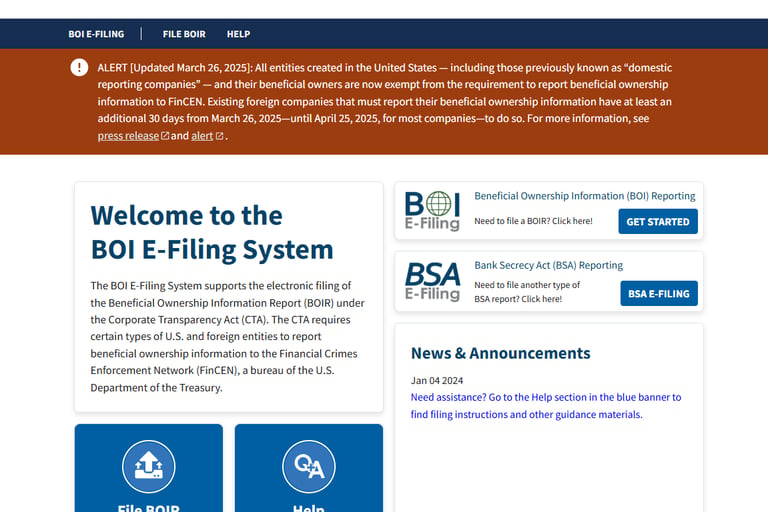

2. Select "Beneficial Ownership Information (BOI) Reporting"
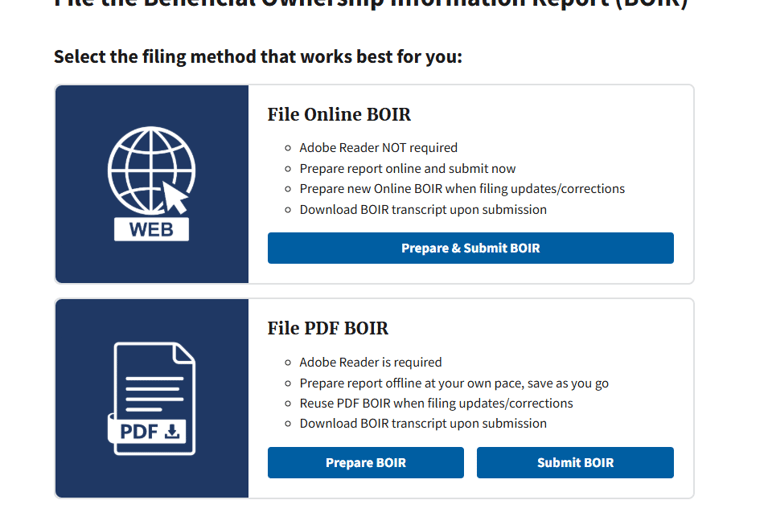

3. We selected to File Online, however you can also upload a pdf file.
4. And complete the information for your company.. Here are the questions asked
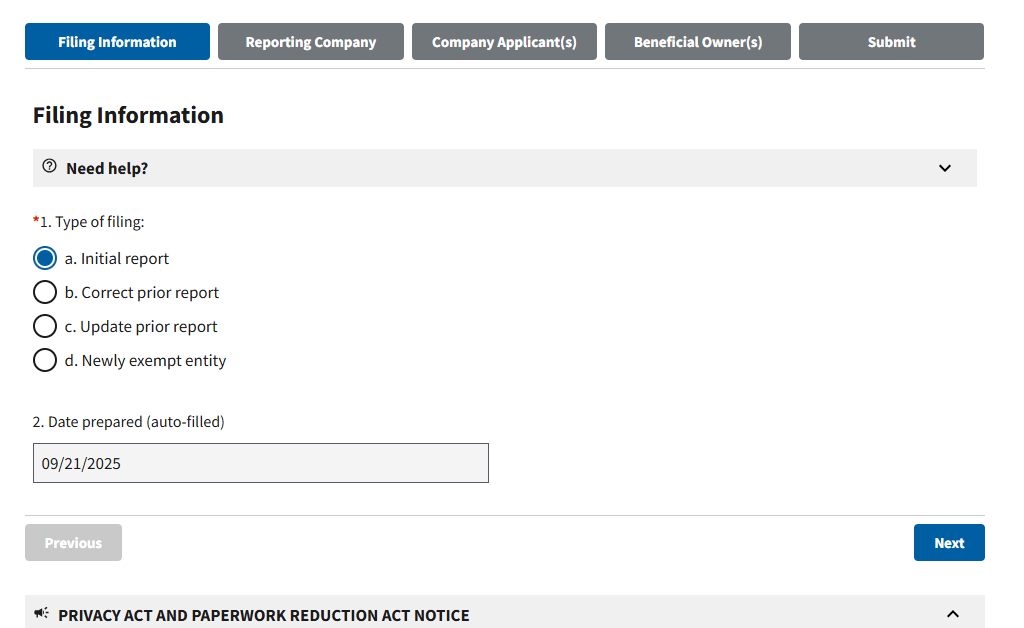

5. The form will ask for the legal name, any trading name, and to add a form of identification
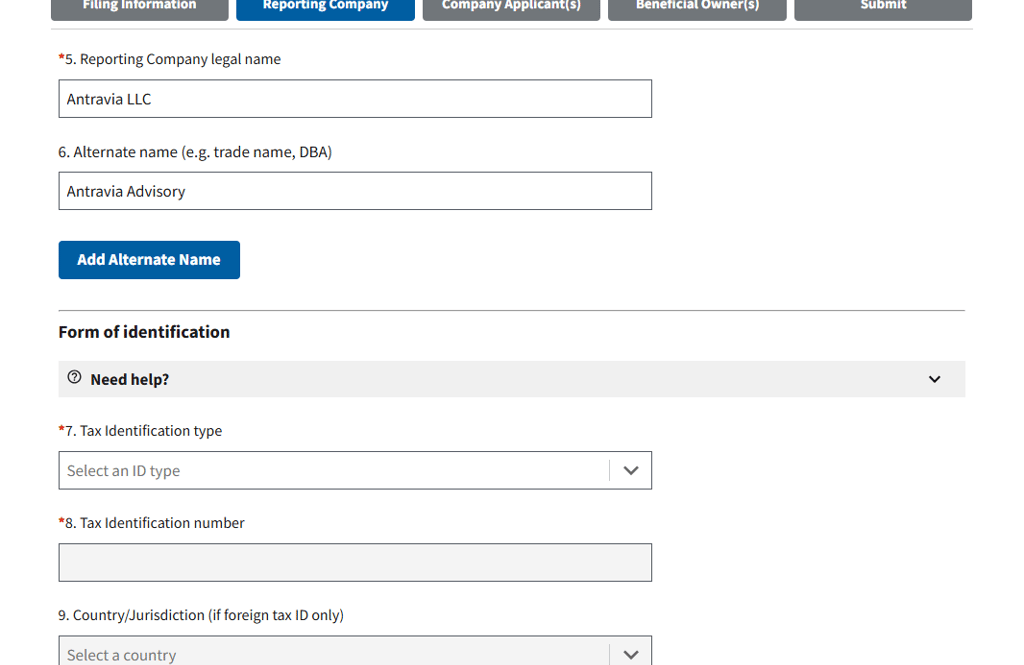

6. Enter the details for your company
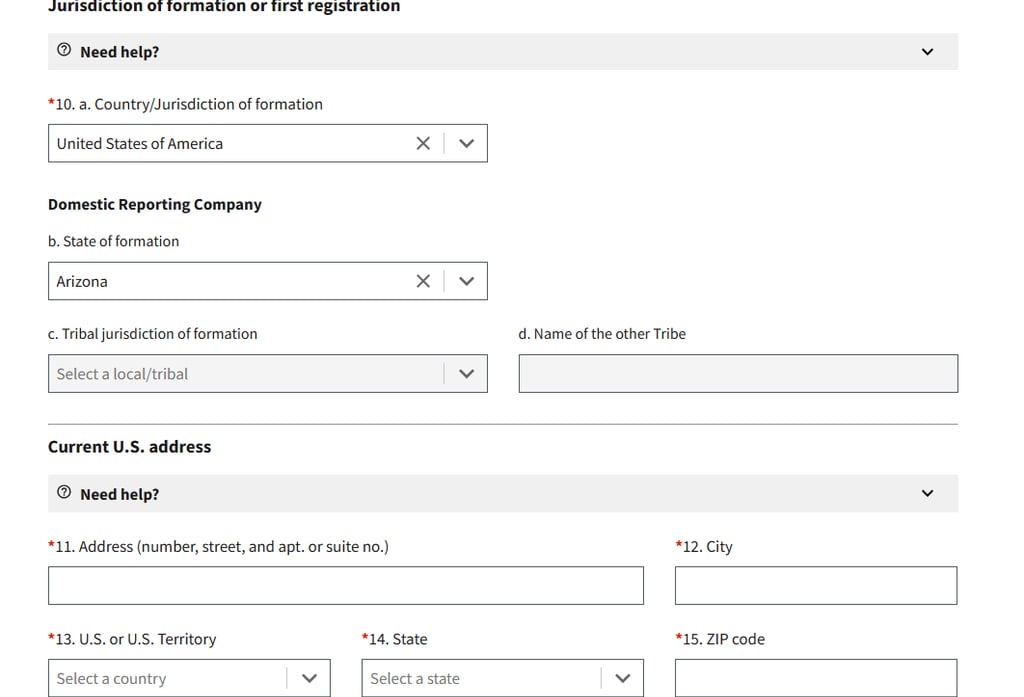

7. It will ask for more details (if you don't have a FinCEN ID it will ask you to complete section 19 -33)
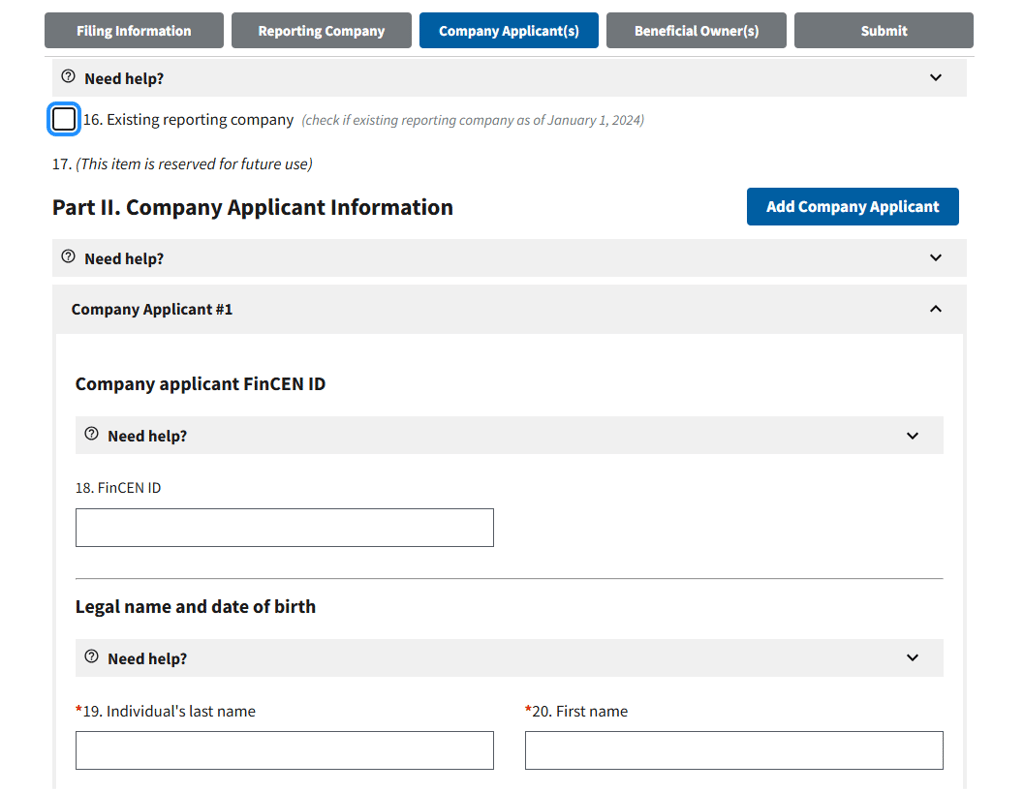

8. Once you have entered the details, it will move to part 3, the BOI Information
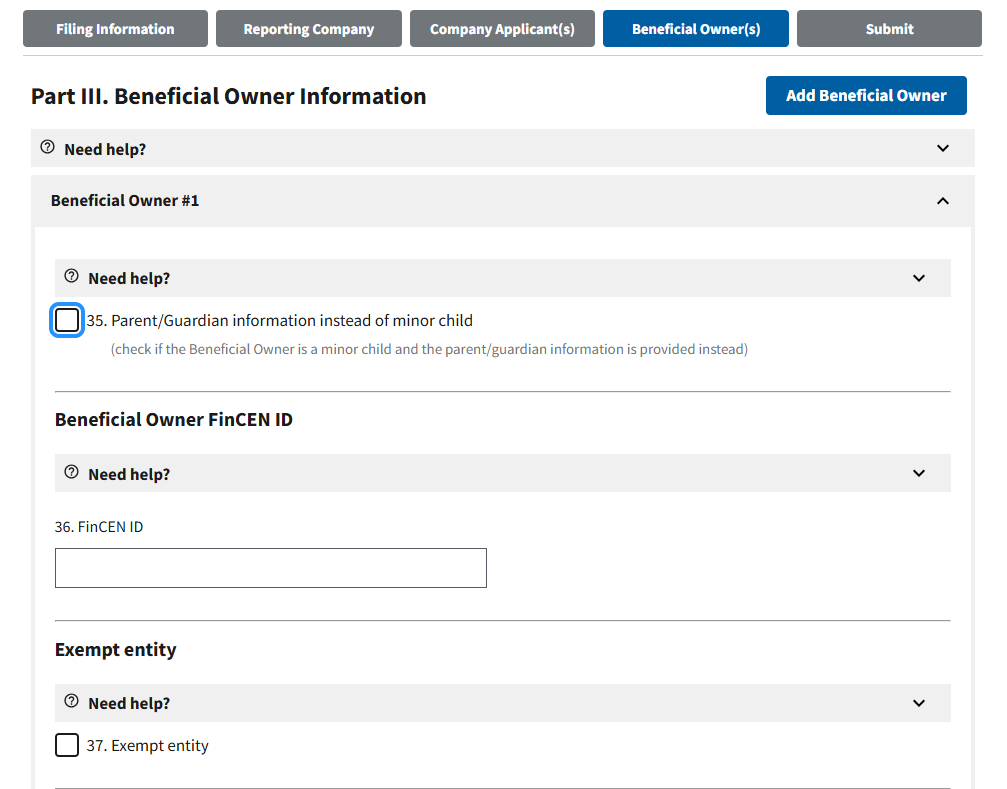

9. Finalize by certifying you have provided accurate information, and click "Submit BOI"
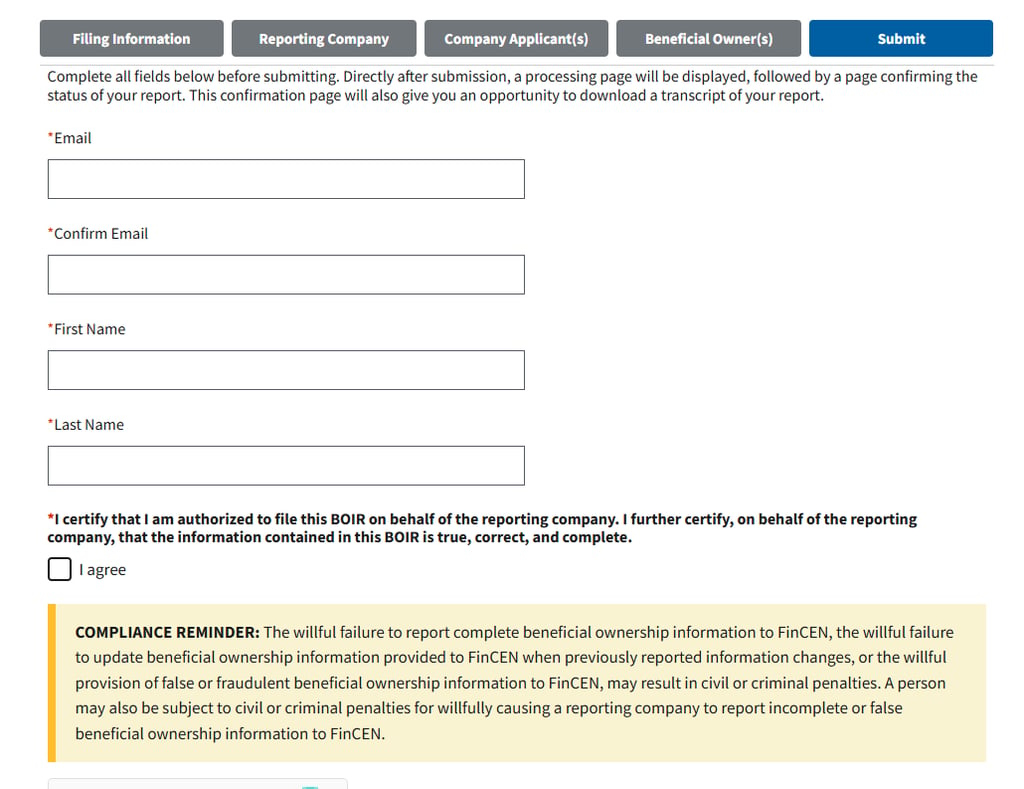

10. And that is it.. all done! Download your transcript before closing the page and keep this as a reference

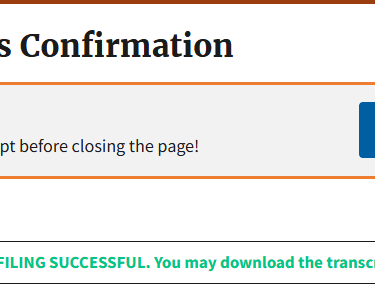
References


References - BOI Reporting: What Travel businesses need to know
Financial Crimes Enforcement Network (FinCEN). (2023). Beneficial Ownership Information Reporting Rule. U.S. Department of the Treasury. Available at: https://www.fincen.gov/boi
Financial Crimes Enforcement Network (FinCEN). (2024). BOI E-Filing System. Available at: https://boiefiling.fincen.gov
U.S. Department of the Treasury. (2024). Corporate Transparency Act (CTA) – Frequently Asked Questions. Available at: https://www.fincen.gov/boi-faqs
U.S. Department of the Treasury. (2022). Beneficial Ownership Information Reporting Requirements – Small Entity Compliance Guide. Available at: https://www.fincen.gov/boi/small-entity-compliance-guide
Corporate Transparency Act, Pub. L. 116–283, Div. F, Title LXIV, §§6401–6403 (2021). Enacted as part of the National Defense Authorization Act. Available at: https://www.congress.gov/bill/116th-congress/house-bill/6395/text
FinCEN. (2024). Reporting Deadlines for BOI Filings. U.S. Department of the Treasury. Available at: https://www.fincen.gov/boi/reporting-deadlines
Antravia Advisory
Where Travel Meets Smart Finance
Email:
Contact us:
Antravia LLC
© 2025. All rights reserved. | Disclaimer | Privacy Policy | Terms of Use | Accessibility Statement
Antravia.com - Global site of the Antravia Group.
Antravia.com | Antravia.co.uk | Antravia.ae |
Finance.travel | Tax.travel | Consultancy.travel | VAT.travel | VAT.claims |
USSales.tax | EuroVAT.tax | UKVAT.tax |
contact@antravia.com
Antravia LLC
4539 N 22nd St., Ste. N
Phoenix
Arizona
85016
